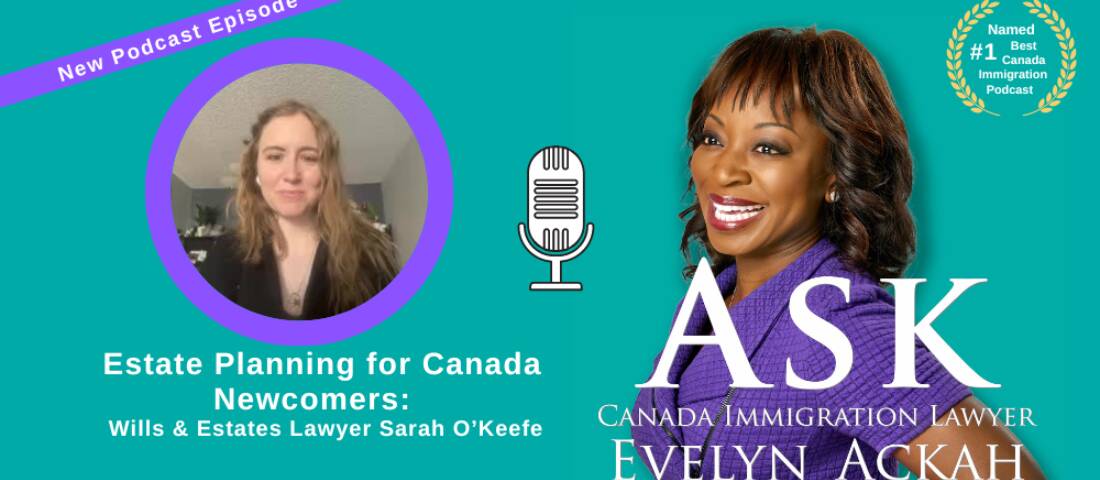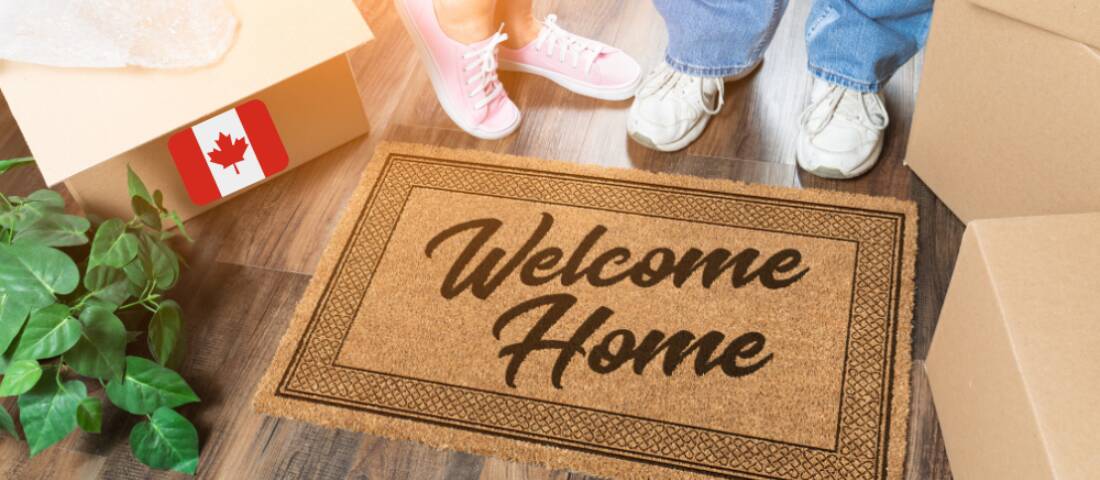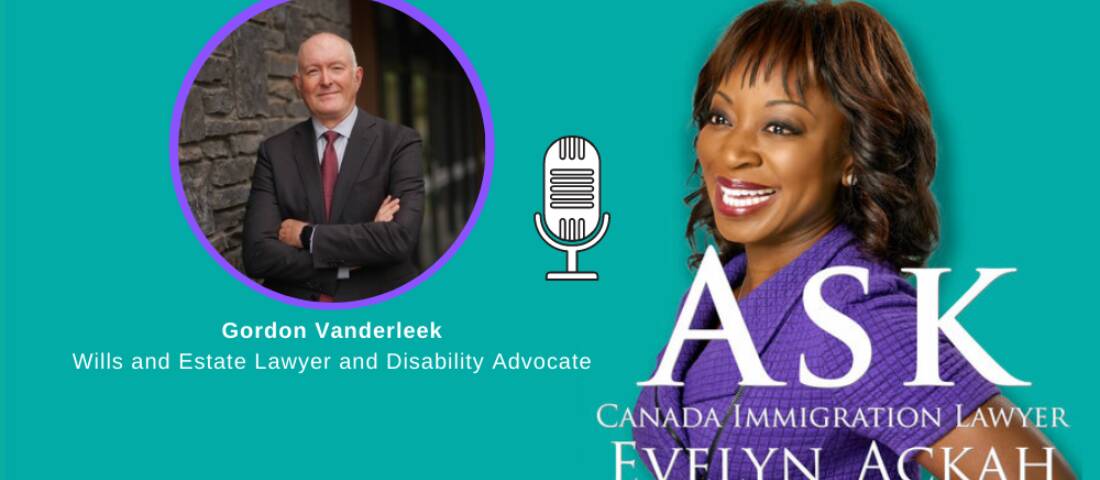Guest blog by Sarah O'Keefe, Wills and Estates Lawyer
BOOK YOUR FREE CASE EVALUATION
Moving to a new country is an exciting, but also overwhelming prospect. The precedents upon arrival are finding employment, housing, health coverage and building your finances. But once settled in Canada, protecting yourself and your family by making a Will, Power of Attorney and Health Directive should be paramount.
What is the difference between a Will, Power of Attorney and Health Directive?
While all are legal documents, they serve very different purposes.
A Power of Attorney for property gives one person(s) the authority to manage your finances and property if your health or mental capacity declines and you’re no longer able to manage your assets. The person you appoint is called an “attorney,” however that person does not need to be a lawyer. The appointed person could be a spouse, an adult child, a trusted family member or a friend. They then have the power to make decisions on your behalf.
Similarly, a Health Directive functions the same as the Power of Attorney, but it governs your health care decisions. Both legal documents cease to be effective upon your death.
A Will is a legal document that explains how you want your estate to be distributed once you die. Each province and territory in Canada have its own set of laws for estates.
Who needs a Will?
The answer is ‘everyone’. But if you own assets and/or have a family, it’s crucial for the protection of your estate and family to have a Will.
- Planning your estate allows you to specify how your assets will be divided and who gets what;
- You can appoint the executor of your choice to administer your estate;
- If you have minor children, you can nominate a guardian who will care for them in the event of your death;
- Plan for how you will pay for income taxes and probate fees which may be payable at your death; and
- Establish a trust for minor or special needs beneficiaries, so they are protected and provided for.
Without a Will, your estate will be divided according to the governing laws of the province or territory where you live and may not reflect your wishes with respect to the distribution of your estate.

What about if you have a non-Canadian Will already?
Although foreign wills are generally recognized in other countries, it’s advisable to make a separate will in Canada.
- Additional costs and delays:
If you have a non-Canadian will, it may need to be submitted to court to be “resealed” in Canada or an ancillary grant of probate obtained. Probate is a legal process where the courts appoint an executor to determine if the will is valid and ensure that the assets are distributed appropriately. The entire process delays the process of divided your estate among your loved ones, as well as add an additional cost, which will be deduced from the residue of the estate.. - Name a guardian for your minor children:
In Ontario, for example, the appointment of a guardian in a Will is only effective for 90 days. In that time, your nominated guardian must apply to the courts for permanent guardianship of your children. Making a will in Canada simplifies the process of executing guardianship. - Greater peace of mind:
Different countries have different laws about how your assets would be divided. Even if you have made a will in your home country, Canadian laws could mean your wishes aren’t fulfilled. For greater peace of mind, it’s best to make a will in the province or territory where you now live.
Why avoid holograph/homemade Wills?
It is easy to conclude that lawyers ‘only want to create work for themselves” when the suggestion is made to seek legal advice.
The truth of the matter is that an estate lawyer can make a significant amount more when the family fights over the homemade Will and they are hired to resolve the conflict. While not every homemade will is a disaster, most are significantly worse than people realize.
Estate Litigation is the process where an estate lawyer can assist a spouse, child or other financial dependent in bringing a claim against an estate, help resolve conflicts between family members and restate trustees about estate assets. These processes can result in legal fees amounting to more than the value of the assets within the estate. Paying for an Estate Package often, in retrospect, is most cost efficient in the long run.
An example of how these homemade Wills can create unnecessary chaos and confusion is with the Kirst Estate. In 1995, Mr. Kirst made his own handwritten will (a ‘holograph’ Will) and in 2010 passed away. The fight began over his Will shortly after passing and did not conclude until March of 2022. This process took 12 years of fighting in court, including 7 years’ of Case Management and involved 17 court orders. The item being fought over was a house. In his homemade Will, Mr. Kirst permitted his son to live in the house ‘for awhile’ and while any lawyer would have known that an undefined term would cause a problem, Mr. Kirst did not
A quality estate package, including a Will, Power of Attorney and Health Directive, created by an experienced professional advisor saves you time, money and provides security and peace of mind knowing that your wishes are being met, allowing you to focus on developing your new life in Canada.
Learn More: Is Your Family Protected After Your Arrival In Canada?
BOOK YOUR FREE CASE EVALUATION
Ackah Law Post Arrival Services
You are not legally required to have a will in Canada. However, if you don't have a will, the laws in the province or territory you live in will determine how your estate is divided - not necessarily the laws of your home country. To help newcomers transition to life in Canada, Ackah Business Immigration Law has expanded our legal services to include post arrival immigration services, including Wills and Estate Planning Services.
Call Ackah Law today at (403) 452‑9515 to discuss what steps you should take now to protect your family and loved ones.








